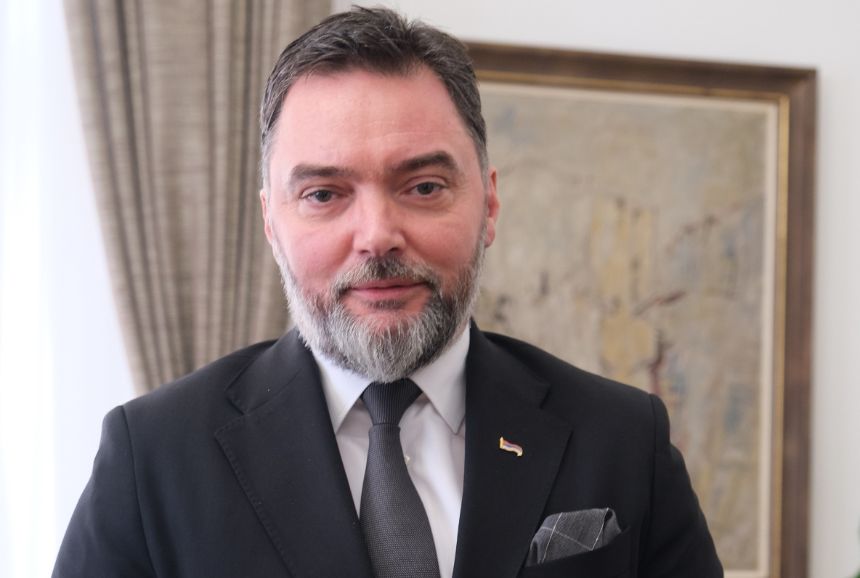Priorities of the 2024 Bosnia and Herzegovina Presidency
Bosnia and Herzegovina took over the chairmanship of the Energy Community in 2024 and we are determined to make joint efforts in the implementation of important activities and priorities.
In the framework of the chairmanship of the Energy Community during this year, we would like to put a special focus on:
- Adoption of the final integrated energy and climate plans as well as the development of a clear road map for the phasing out from coal in accordance with the principles of a just transition;
- Close coordination of activities that support decarbonisation;
- Intensification of the wave of renovation of existing buildings, synchronously with the modernisation of energy performance requirements;
- Implementation of the regional system for guarantees of origin and finding solutions to eliminate trade barriers in the Renewable Energy Directive;
- Parallel integration of energy markets and enabling favourable conditions for effective decarbonisation;
- Further steps towards the integration of the electricity market between the contracting parties and the EU;
- Finalization in transpositions and implementation in the Clean Energy Package;
- Progress in the discussion on a coordinated approach toward exemption from CBAM;
- Other demanding obligations respecting and considering the right of our citizens to secure, stable and affordable energy supply.
I would like to mention that a draft of Integrated Energy and Climate Plan for Bosnia and Herzegovina until 2030 has been prepared. The Plan envisages the gradual decarbonisation of the energy sector, which would, on the one hand, implement the international obligations from the Treaty on the Establishment of the Energy Community, and on the other, ensure that the citizens' energy supply remains secure and reliable, and that they have affordable energy. The draft of this document has been presented to the general public, and it was also submitted to the Energy Community Secretariat for review and opinion.
I emphasize that, in the implementation of its activities, the Ministry of Foreign Trade and Economic Relations of BiH actively cooperates with the competent entity institutions and the Government of Brčko District. Undoubtedly, there is a determination to implement the decarbonisation of the energy sector and reach the criteria of carbon neutrality by 2050. The basic approach to the decarbonisation process is carried out by phasing out fossil fuels and switching to the use of renewable energy sources.
Although the existing planning documents for the development of the energy sector in Bosnia and Herzegovina envisage the construction of significant capacities of new thermos-blocks, Bosnia and Herzegovina's determination is that in the period until 2030 there will be no construction of new coal-fired blocks. In accordance with this, a major reconstruction of two blocks will be carried out, as well as a change in their mode of operation to combust coal and wood biomass, while the third block will be completely switched to biomass operation. These activities will achieve a significant reduction in greenhouse gas emissions. I would also like to express our determination to implement a "just transition". Furthermore, I would like to underline that there are several announcements for the construction of new energy plants for the generation of electricity from natural gas. The generation of electricity from wind and solar energy is planned, through different business models supported by innovative approaches of support schemes.
According to preliminary analyses, in order to achieve this level of ambition, significant financial support from international sources, combined with domestic sources of financing, is needed.
H.E Staša Košarac
Minister of Foreign Trade and Economic Relations
Ministry of Infrastructure and Energy
Energy Community Presidency in Office 2024

